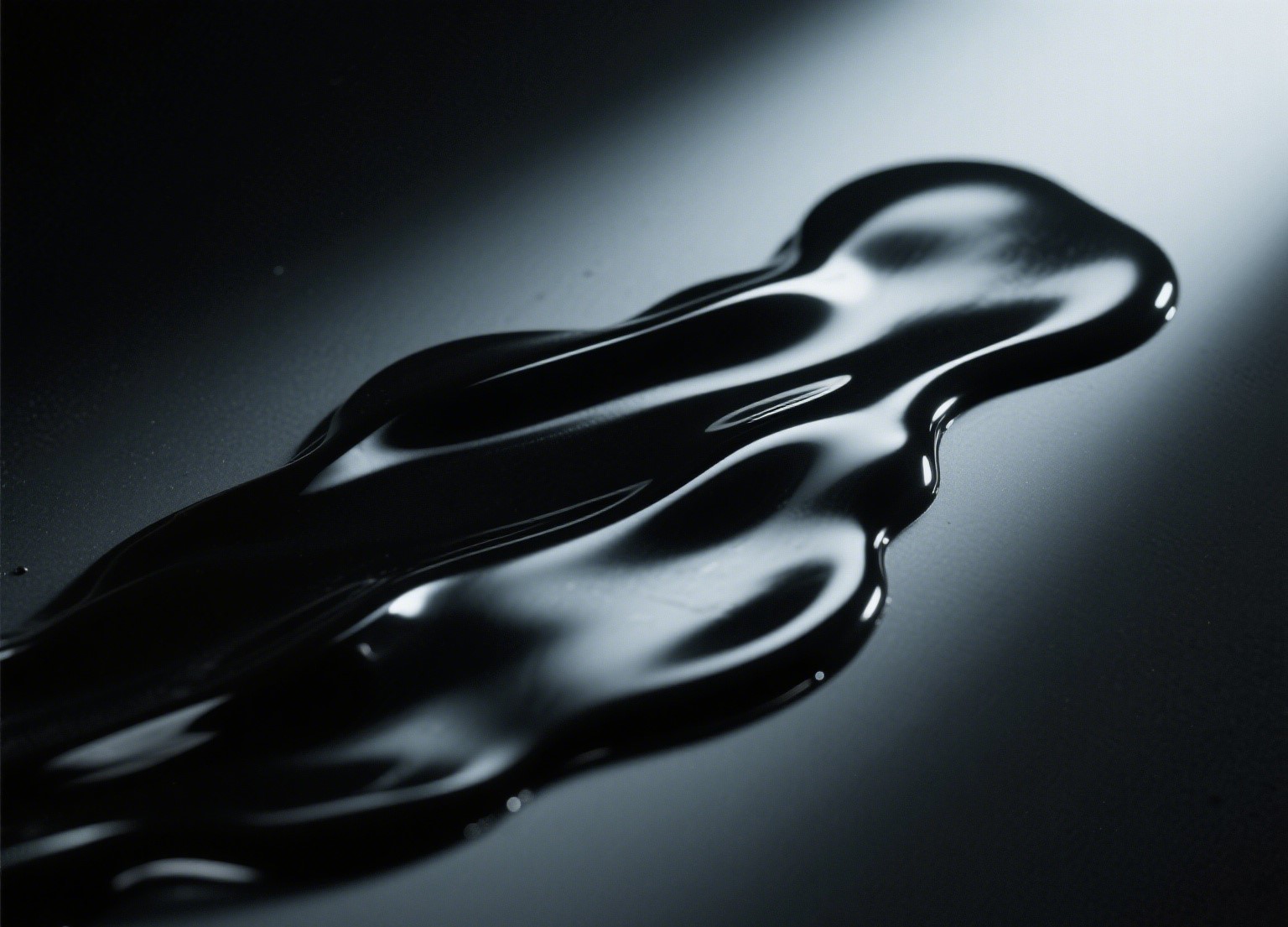At ACCURIDE , we engineer ball bearing slides to deliver exceptional strength, smooth operation, and long service life under demanding conditions. However, even the most robust slide system relies heavily on one critical component: the right lubricant. Choosing the correct lubricant isn’t just a maintenance step; it’s a strategic decision that directly impacts performance, longevity, and reliability, especially in heavy-duty applications.
Using the wrong lubricant can lead to increased friction, accelerated wear, higher operating temperatures, noise, and ultimately, premature failure. Conversely, the optimal lubricant minimizes friction, protects against wear and corrosion, dissipates heat, and ensures consistent, smooth motion throughout the slide’s lifespan.
Here’s a comprehensive guide to help you select the perfect lubricant for your heavy-duty ball bearing slides:
- Understand Your Load and Duty Cycle:
- Static vs. Dynamic Load: Consider both the weight the slide will carry when stationary (static load) and during movement (dynamic load). Heavier loads generate higher contact pressures between the balls and raceways, demanding lubricants with superior load-carrying capacity and extreme pressure (EP) additives.
- Cyclic Frequency: How often is the slide cycled? High-frequency applications (e.g., automated machinery) generate more heat and require lubricants that resist breakdown under constant shear stress. Low-frequency use might prioritize long-term stability and corrosion protection.
- Evaluate the Operating Environment:
- Temperature Range: This is paramount. Standard greases may harden in extreme cold or thin out and leak in high heat. Ensure the lubricant’s specified operating temperature range (both minimum and maximum) comfortably exceeds your application’s conditions. High-temperature applications require synthetic greases or oils with high viscosity indices.
- Contamination Exposure: Will the slides encounter dust, dirt, metal shavings, water, chemicals, or foodstuffs? Greases generally offer better sealing against contaminants than oils. For wet or washdown environments (e.g., food processing, outdoor equipment), water-resistant or water-repellent greases (like those with lithium complex or polyurea thickeners) are essential. In cleanrooms or food-safe applications, NSF H1 registered lubricants are mandatory.
- Humidity and Corrosion Risk: High humidity or exposure to corrosive elements necessitates lubricants with strong anti-rust and anti-corrosion additives.
- Consider Speed and Motion Profile:
- Speed: While ball bearing slides are generally designed for moderate speeds, very high speeds generate significant heat. Oils often dissipate heat better than greases and are preferred for high-speed applications. Lower speeds are typically well-served by greases.
- Motion Type: Continuous motion vs. slow oscillation vs. infrequent positioning. Slow, oscillating movements can cause lubricant to be “squeezed out” of contact zones (fretting corrosion). Lubricants with good adhesion or tackiness (high consistency grease) are beneficial here.
- Choose the Right Lubricant Type: Grease vs. Oil
- Grease: The most common choice for industrial slides. It stays in place, provides excellent sealing against contaminants, and offers long re-lubrication intervals. Ideal for moderate speeds, variable loads, and harsh environments. Look for NLGI grades 1, 2, or 3 (consistency). EP greases are crucial for heavy loads.
- Oil: Offers lower starting torque and better heat dissipation, making it suitable for very high speeds or applications requiring minimal friction. Requires more complex sealing systems to retain the oil and is more prone to leakage. Re-lubrication is usually more frequent. Viscosity (e.g., ISO VG 32, 68, 100) is critical – too thick increases drag, too thin reduces film strength.
- Base Oil and Thickener Chemistry Matter:
- Base Oil: Mineral oils are common and cost-effective. Synthetic oils (PAO, ester, PAG) offer superior performance in extreme temperatures, longer life, and better oxidation stability, albeit at a higher cost.
- Thickener (for Grease): Lithium complex is widely used for its good all-around performance, temperature range, and water resistance. Polyurea offers excellent high-temperature stability and oxidation resistance. Calcium sulfonate provides superior water resistance and inherent EP properties. The thickener significantly impacts the grease’s stability and compatibility.
- Adhere to Manufacturer Recommendations: Always consult the ACCURIDE product manual or technical datasheet for your specific slide model. We often specify recommended lubricant types, NLGI grades, base oil viscosities, and operating temperature limits based on rigorous testing. Using the recommended lubricant ensures optimal performance and maintains warranty coverage.
- Consider Maintenance and Re-lubrication: How accessible are the lubrication points? How frequently can maintenance be performed? Choose a lubricant compatible with your maintenance schedule. High-quality greases can extend re-lubrication intervals significantly. Ensure proper lubrication procedures (cleaning old grease, correct amount, avoiding over-greasing) are followed.
Conclusion:
Selecting the right lubricant for your heavy-duty ball bearing slides is a critical factor in maximizing their performance and lifespan. By carefully analyzing your application’s load, environment, speed, and maintenance requirements, and understanding the properties of different lubricants, you can make an informed decision. When in doubt, refer to ACCURIDE’s specifications or contact our technical support team. At ACCURIDE, we’re committed to providing not just superior slides, but also the knowledge and support to ensure they perform flawlessly in your demanding applications.
